Why 'Zero Emissions Vehicle' will be the great auto industry lie of 2022
The most insidious automotive buzzword in 2022 is ‘zero emissions’. Vested-interest marketing departments, governments and ignorant journalists use it constantly. Pity it’s a scam…
What you can use the ‘zero emissions’ catchphrase for is as an idiot detector. Zero emissions is an idiot test - if you believe it, you are one. In this report, I’ll explain why it’s a completely scientifically illiterate term.
Let’s start with the obvious.
Humanity cannot hope to reduce emissions and emerge into a clean, green future, in which we are consuming more stuff than before. More electric vehicles, more food, more timber, more steel, more gadgets - whatever.
Greater consumption means more energy, means more resources, means more emissions - because of physics, mainly.
Of course, this fact does not suit big business. You consuming less is not the kind of thing they want. Consumption status quo is likewise unpalatable. ‘Screw the planet, we have a responsibility to our stakeholders’, right?
Toyota will happily sell you a Prius, or a RAV4 Hybrid, in your hemp shirt, with the factory-fitted solar panels on the roof. But it will also, even more joyfully, sell you a corpulent CO2-belching LandCruiser 300.
Nissan is the same. A fully-electric Leaf or a 2.7-tonne Patrol four-wheel drive - no problem. It’s bipolar. They don’t give a damn which one you buy, as long as it has their badge, it’s all good. Even better if you buy two.
And caravan manufacturers certainly won’t advise you to simply book accommodation - buy a massive aluminium box with brick-like aerodynamics, and burn fuel dragging it through the air at 110km/h.
The marketing departments of carmakers know that there’s a slice of the population which wants desperately to identify as green. Emissions are bad, therefore they want to be good. Let’s wrap the product up in a virtuous lie called ‘zero emissions’. Here’s Nissan Australia doing exactly this on its website today. They even put a badge on the Leaf saying just that.
And if you didn’t pay attention at school, you can convince yourself you’re doing the right thing, saving the planet, by buying a zero emissions car. Emitting nothing from the tailpipe. According to them, being green it’s really not that hard - you just need to buy a new car.
Of course, it’s not just Nissan - everybody does it. Mercedes-Benz is an EV champ at this as well. In the ‘FAQ’ section of its lightly informative EQ pages, one finds the following question: “What are the advantages of a Mercedes-EQ vehicle?”
Answer:
Except, where did the steel come from?
Last time I looked, it’s almost impossible to manufacture any car without metallurgical coal because all that high-strength steel, the plastics, the rust-preventing galvanization and paint, the aluminium - they’re all mainly hydrocarbon-based.
My AutoExpert AFFORDABLE ROADSIDE ASSISTANCE PACKAGE
If you’re sick of paying through the neck for roadside assistance I’ve teamed up with 24/7 to offer AutoExpert readers nationwide roadside assistance from just $69 annually, plus there’s NO JOINING FEE
Full details here >>
AutoExpert DISCOUNT OLIGHT TORCHES
These flashlights are awesome. I carry the Olight Warrior Mini 2 every day - it’s tiny, robust, and super useful in the field or in the workshop. Olight is a terrific supporter of AutoExpert.
Use the code AEJC to get a 12% discount >>
WHY ZERO EMISSIONS IS JUST MARKETING
The facts are that EVs have at least 50 per cent more CO2-equivalent emissions wrapped up in their production. They consume/emit less in service. This varies, obviously, depending on how the electricity is made.
Almost half of the lifecycle emissions of EVs are wrapped up in actually making them. To the virtuous, this is an unpalatable fact. When you buy you shiny new Tesla, your Leaf, your EV6, your Ioniq 5, your EQ-Mercedes - whatever - they should hand you a big balloon, with roughly nine tonnes of CO2 in it.
It’d be kind of a big balloon - because it would need to hold about five million litres of CO2. And that’s at 15 degrees C. If it’s a hot day, like in Australia, it’d be even bigger. Because: Facts.
But it’s not just car companies selling you this garbage, sweeping the truth under the rug. It’s also governments which, of course, have over the past few decades, boned all their technically trained people. Those who respect facts have been replaced with an endless army of spin doctors, generally washed up TV reporters and producers from Channel Seven and Channel Nine.
Those lefties in Victoria have a department of Environment, Land, Water and Planning. As if land and water are distinct from the environment. And what happened to ‘Air’? That’s discriminatory.
Anyway, those Victorian enviro-bureaucrats actually have a whole section of ‘green hell’ on their website dedicated to promoting the garbage myth of zero emissions vehicles.
Firstly, ‘zero emissions’ is, self-evidently, a bullshit concept and secondly, supercharging is only a thing for internal combustion, a terrible metaphor; that’s your tax dollars at work. They actually have several pages of ‘net zero’ propaganda.
This high-calibre greenwashing bullshit marketing terminology is everywhere. The ACT government is equally disgraceful on this, and even the Royal Auto Club has jumped on the bullshit buzzword bandwagon:
That’s from the RAC’s Public Policy PDF for 2021-22.
Quick fact check, to educate and make you aware. Roughly nine tonnes of CO2, in a big, fat balloon, comes free, with every so-called ‘zero emission’ EV. It’s called applied science.
There is no ‘zero emission’ vehicle. That is yet to be invented.
Let me be perfectly clear: Climate change is real, it’s an existential threat, and humans are causing it mainly due to an over-population problem. But powerful dickheads who don’t care, and who wouldn’t know anything about science, really aren’t helping.
But we can only implement effective countermeasures if we respect the facts. The details really matter. Some marketing manager at Nissan or AGL or some local/state/federal government, or something, wants you to believe you are reducing your emissions to zero.
They’re hoping you didn’t pay sufficient attention at school to realise there’s a five-million-litre balloon of CO2, free, with every Nissan Leaf.
This is why scientific literacy has never been more important to humanity. Because it’s only science that stands between society as we know it, with all the perks - medical care, living into our 80s, the internet, air travel, smartphones. Without science, we’re all living in caves again, and resolving disputes over resources and territory with pointy sticks.
It’s only science that stands between the present, and a future that’s not compatible with human life on earth. And, I’m sorry to tell Scott Morrison, but getting 1.7 million electric vehicles on the road in Australia by 2030 is
A) is impossible, and
B) would not really help anyway, especially if we keep burning and exporting all that coal.
Meet Professor Neville Jackson, a hardcore engineering bigwig in the UK with an academic pedigree longer than your arm: Four decades of experience in industrial R&D, primarily in transport and energy systems, government adviser, ten years as Chief Technology Officer for Ricardo PLC.
Ricardo PLC, if you don’t know, is a climate action engineering powerhouse promoting “science-based targets” as a countermeasure against the nightmare hellscape outcome that derives from doing business as usual like the ScoMo non-plan option.
Anyway, as a sceptic, you’d have to say, if Prof. Jackson is bent over by a vested interest, you’d expect him to be emphatically pro EVs for all they’re worth. Pumping them up at every turn. But he’s not.
Instead, he helped produce, and is quoted in this helpful primer on the real emissions of battery EVs, versus combustion, versus hybrid, versus plug-in. Unlike a lot of scientific research, this is just a three-pager, and anyone smarter than ScoMo will be able to follow along - so let’s face it, that’s almost everyone.
The upshot is, over the life of the vehicle, a battery EV reduces emissions by about 21 per cent, compared with a conventional combustion car. It’s roughly the same with a plug-in hybrid. A conventional hybrid is about a 12 per cent reduction.
This is what happens when you include all the emissions - from manufacturing to disposal at end of life, and everything in between.
Now, I don’t know about you, but the guy seems beyond credible, and the data seems particularly credible. And, frankly, 21 per cent reduction, while significant, seems a whole lot less virtuous than 100 power cent (ie zero emissions). This is the reality versus the political and corporate marketing bullshit.
And with the EV, roughly twice as many emissions are produced during manufacturing - call it 8.8 tonnes for the EV versus 5.6 for the combustion car; using Prof. Jackson’s data.
Most people could reduce the emissions of the car they have now by at least 20 per cent, simply by driving more gently, by using the vehicle more efficiently (like getting more things done every time you go out, thus eliminating needless trips). Easy. You don’t need an EV and the next 10 years to cut emissions by 20 per cent. You can achieve that in Mum’s Corolla tomorrow.
Don’t get me wrong - the data shows that EVs are better at emissions over the notionally 10-year life of the vehicle. They’re 21 per cent better. In perspective, here in Australia, cars are roughly eight per cent of total greenhouse emissions.
That means shifting to 100 per cent EVs would reduce emissions by 21 per cent of eight per cent, which is a little less that two per cent of the total.
There’s a conclusion here, and you virtue-mongering EV zealots are not going to like it.
Don’t be sucked in by the hype: electric vehicles are not going to solve the carbon emissions based climate crisis. Facts will.
EVs are a governmental smokescreen, and a neat way for carmakers to jump into bed with regulators and cop taxpayer-funded backhanders under the table. They’re a climate sideshow - but a relatable one, because we see cars every day. We see smog in our cities. We hate that. We don’t see endless coal mines - and that’s where the real problem is, at least here in Australia.
Unfortunately, when the country is being steered by someone who is self-evidently dead keen to be more than just good friends with the fossil fuel industry, the smokescreens will continue for the foreseeable future.
And of course, I suspect the COVID pandemic has achieved more for passenger vehicle emissions reductions than a fleet of EVs ever could hope to. I’m not saying this is a good thing - just a positive feedback effect inside a vastly negative societal shambles.


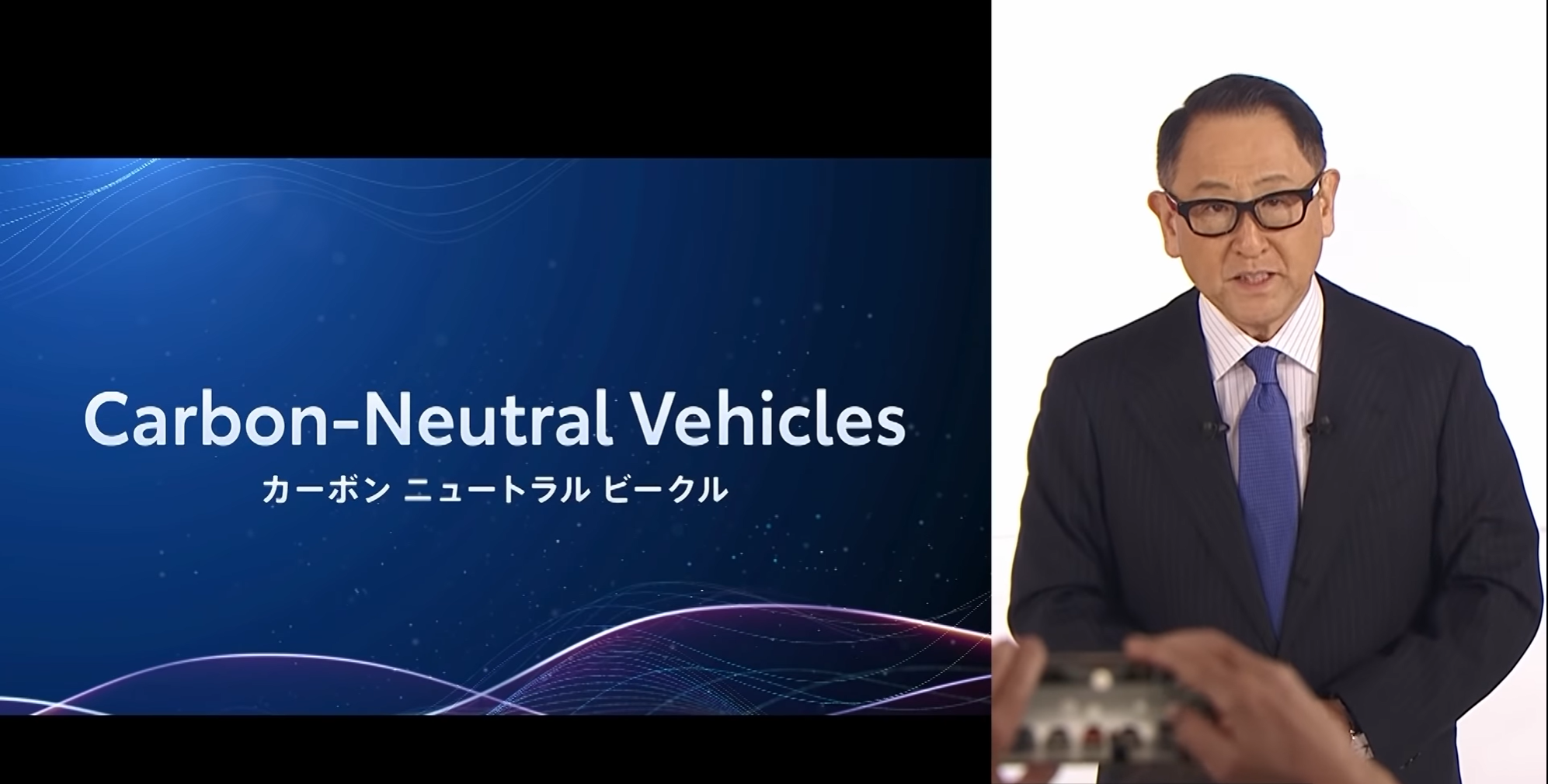
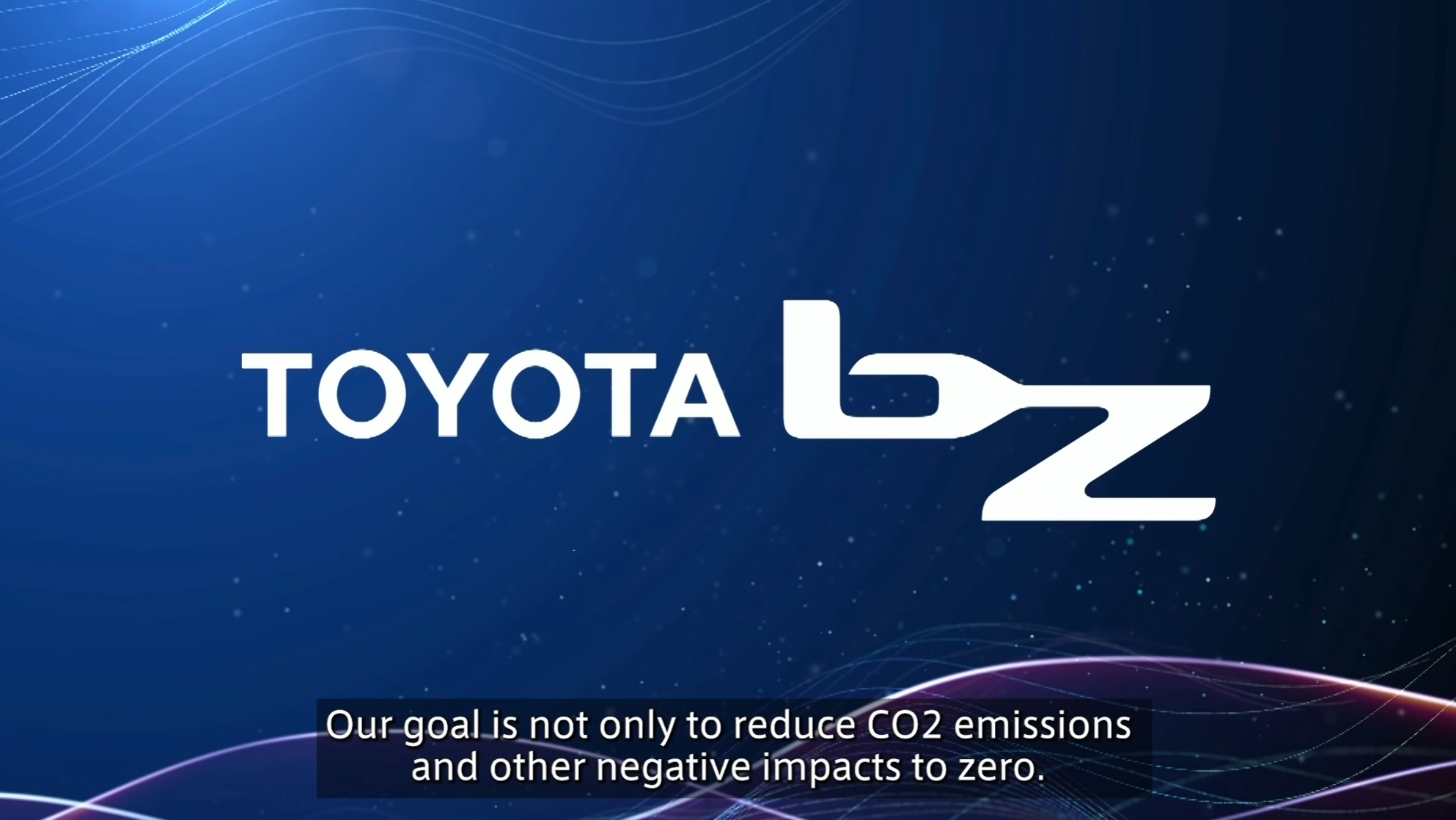
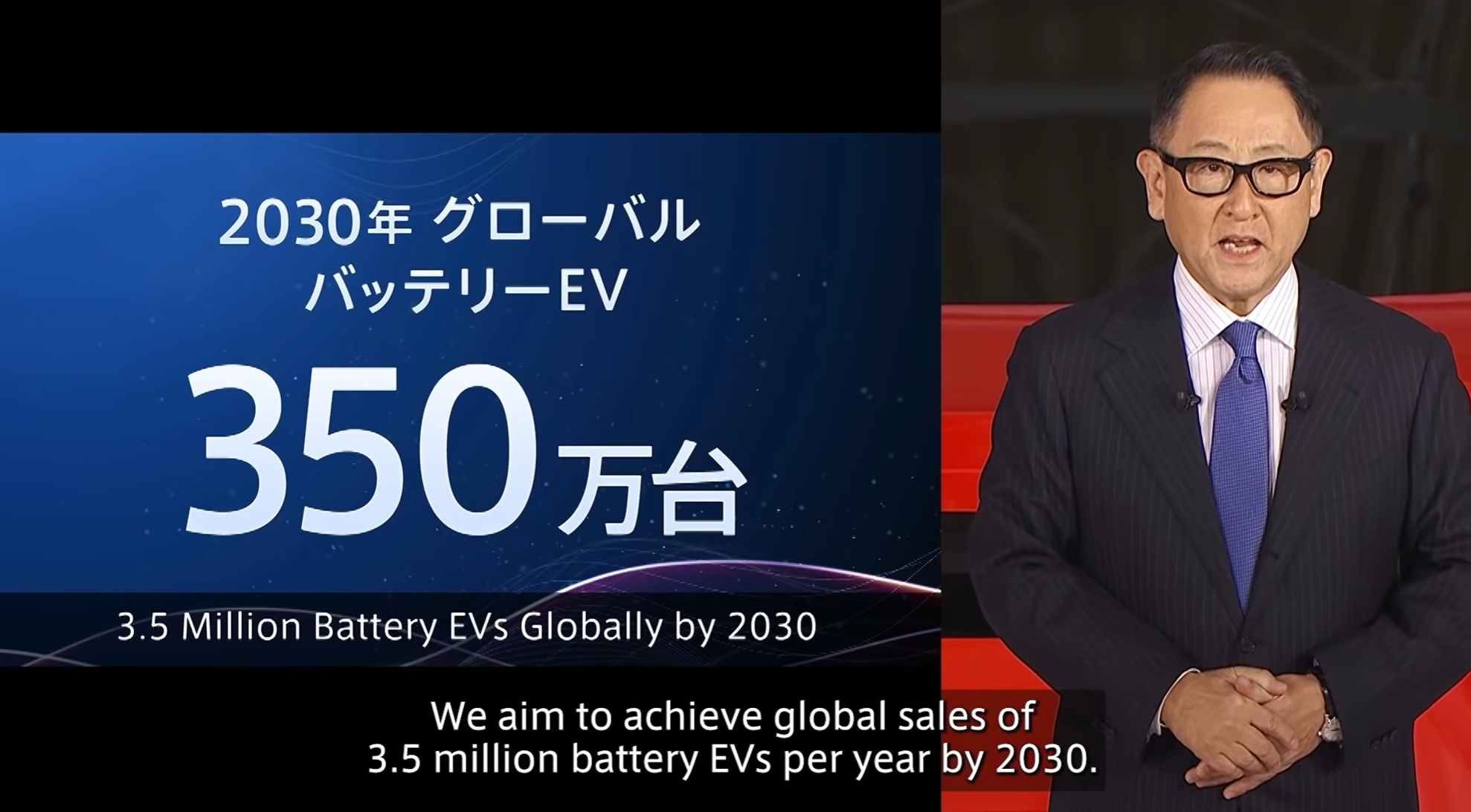
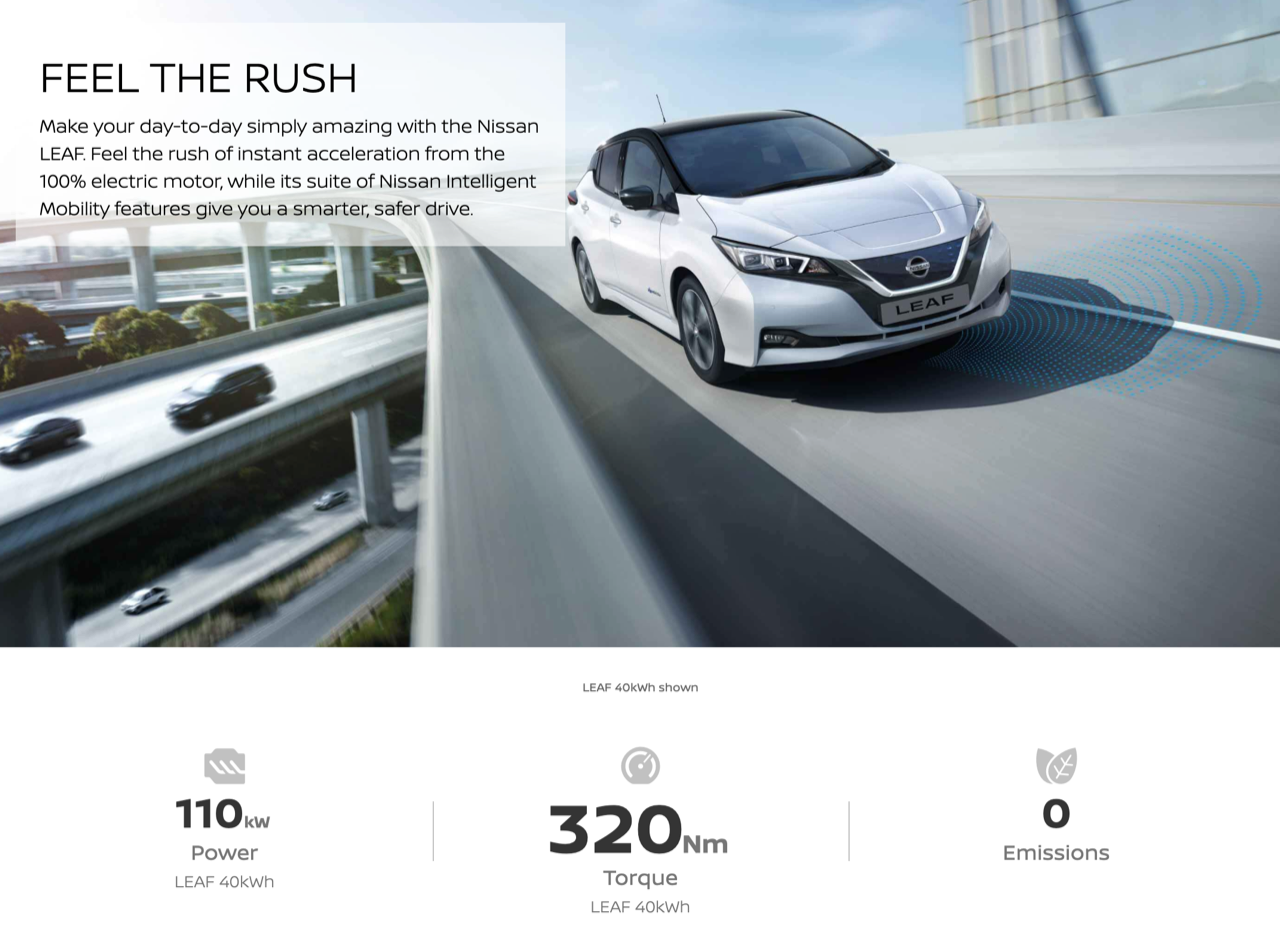
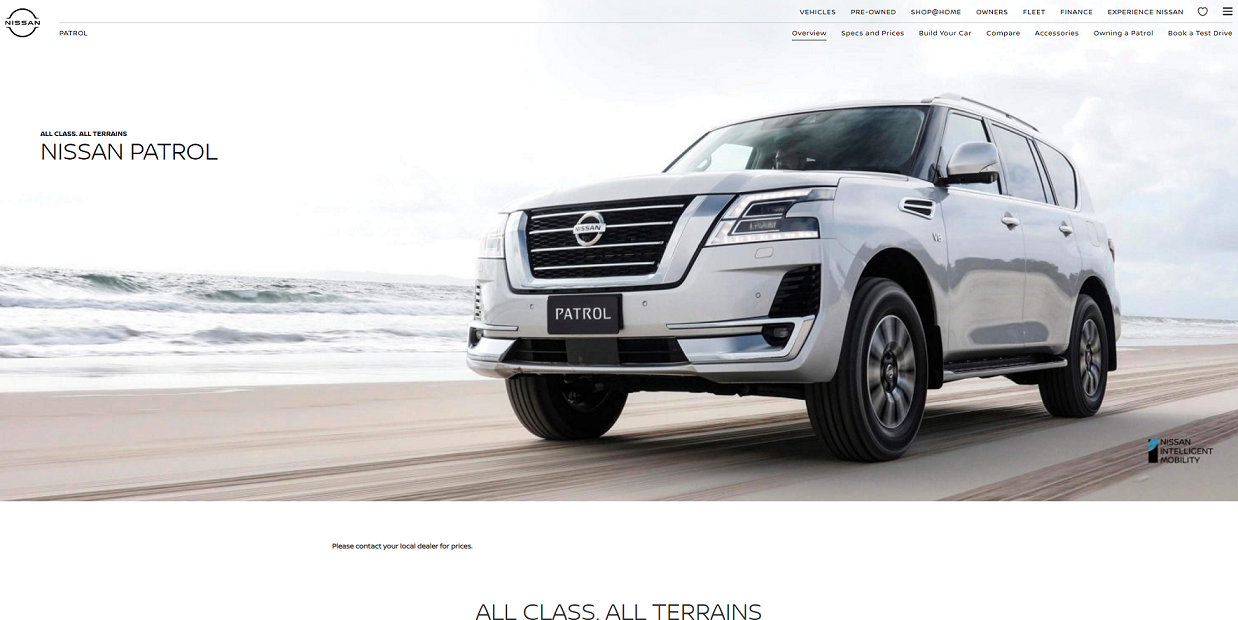
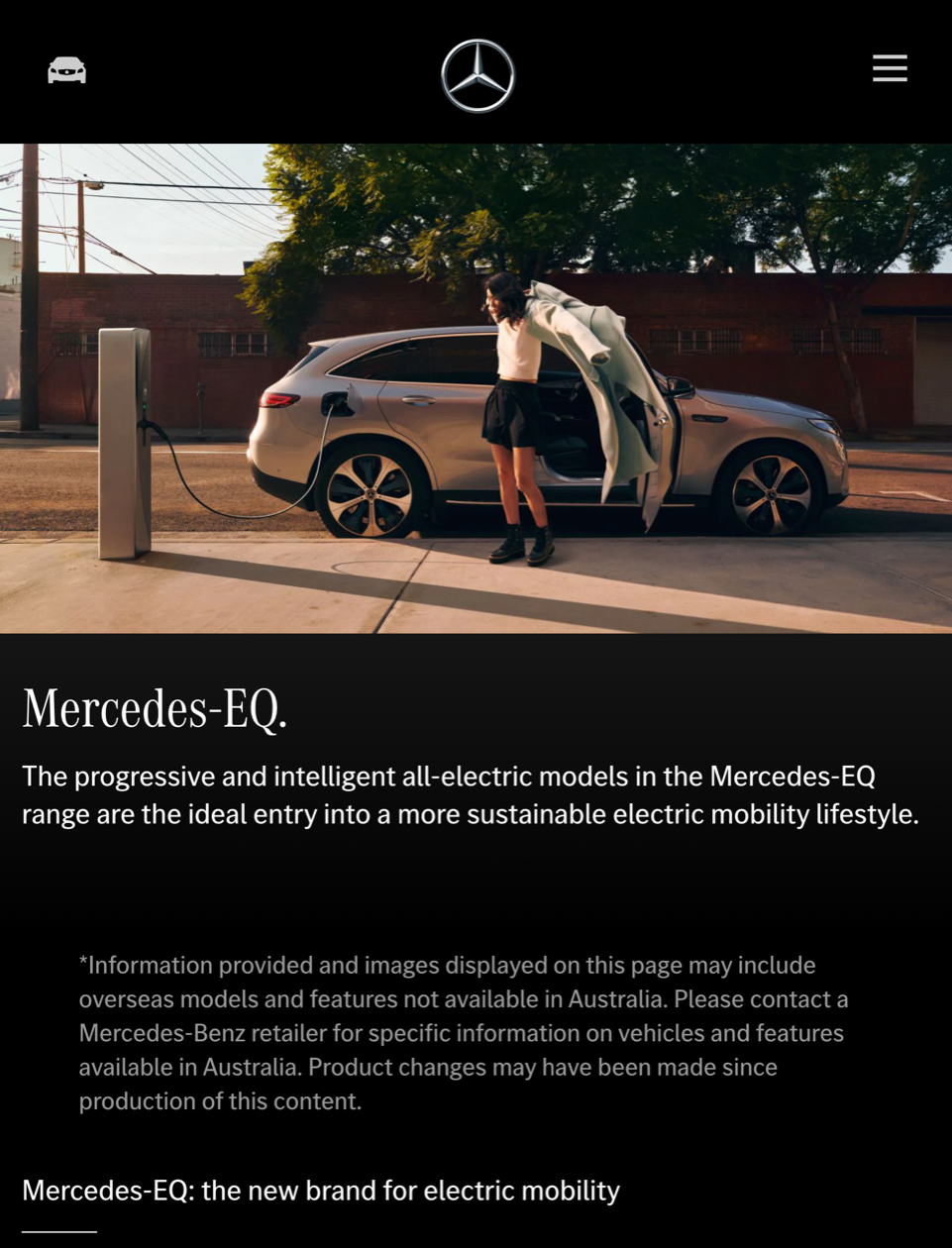
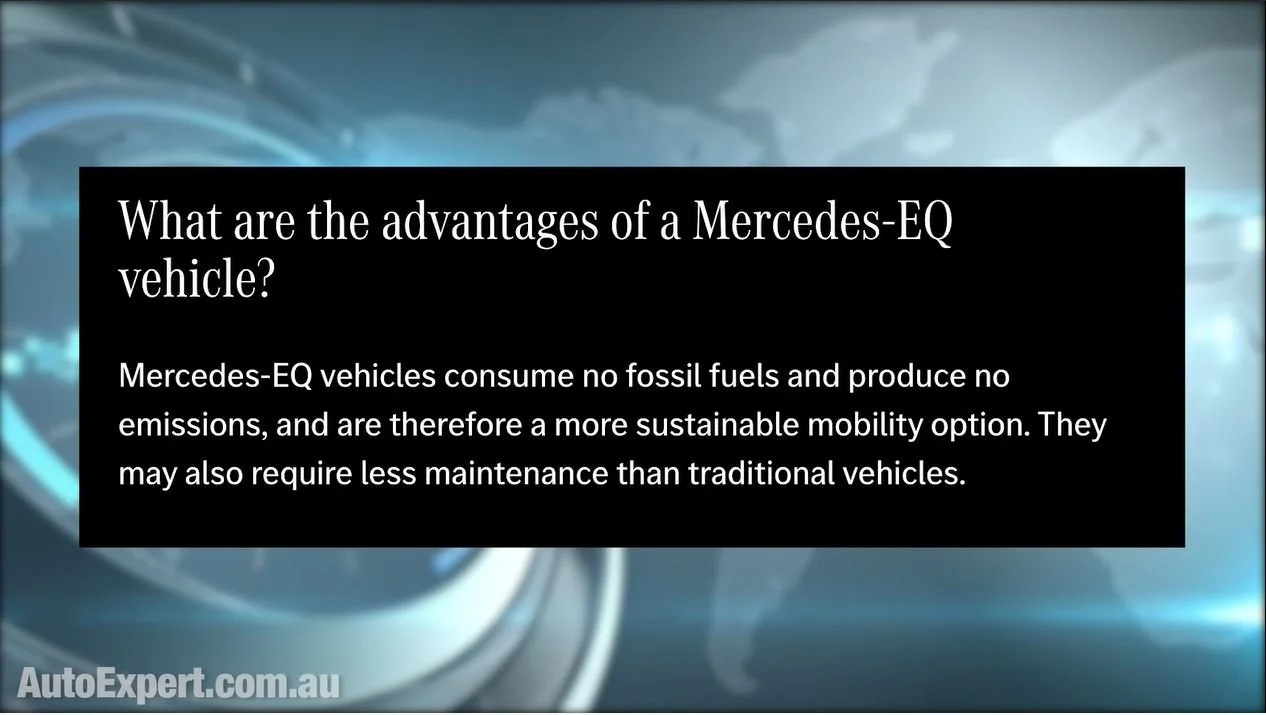



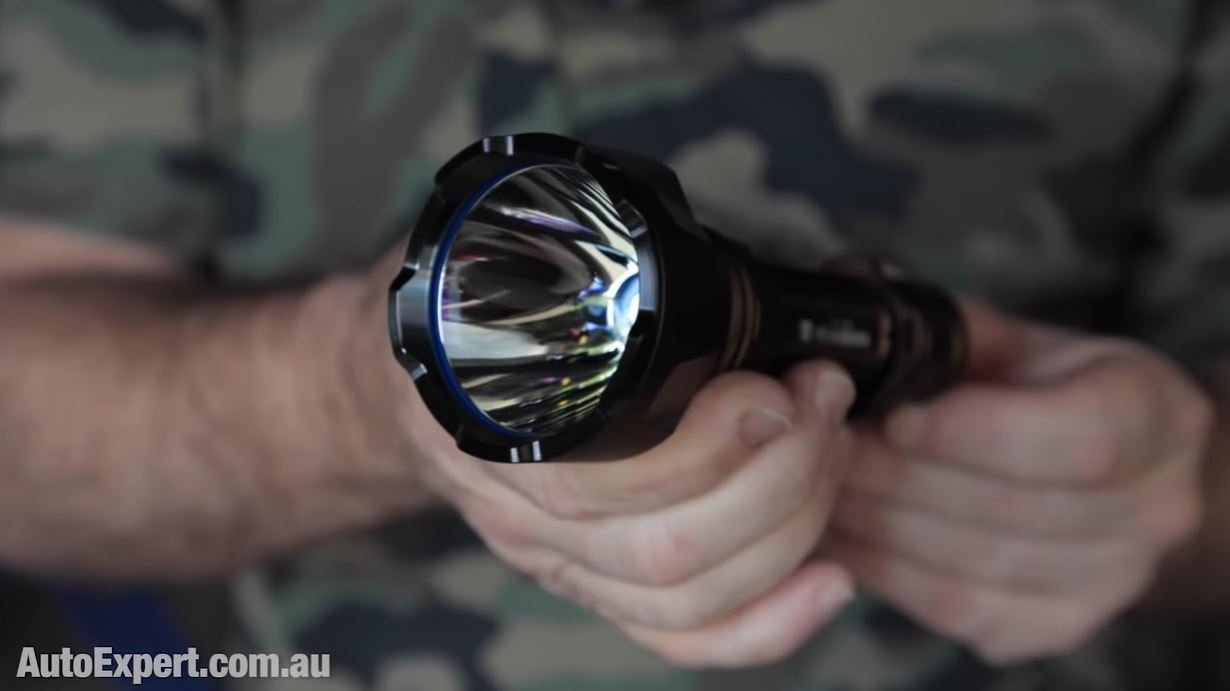

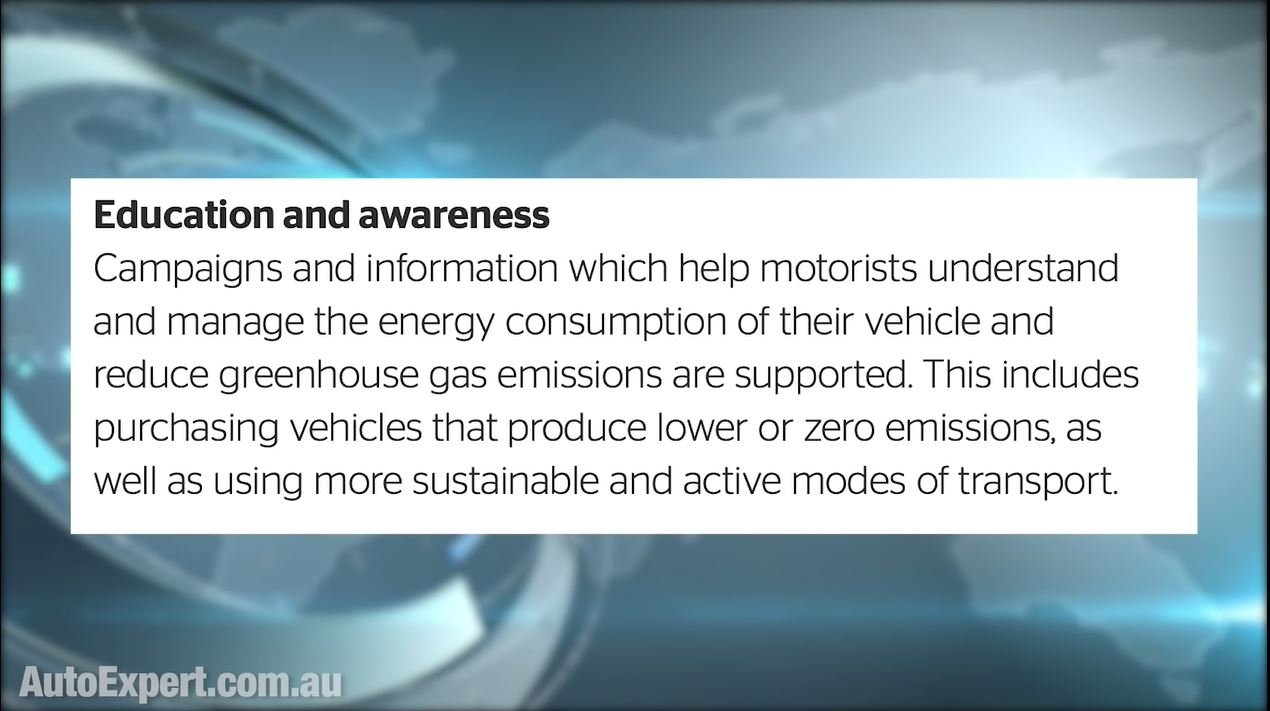



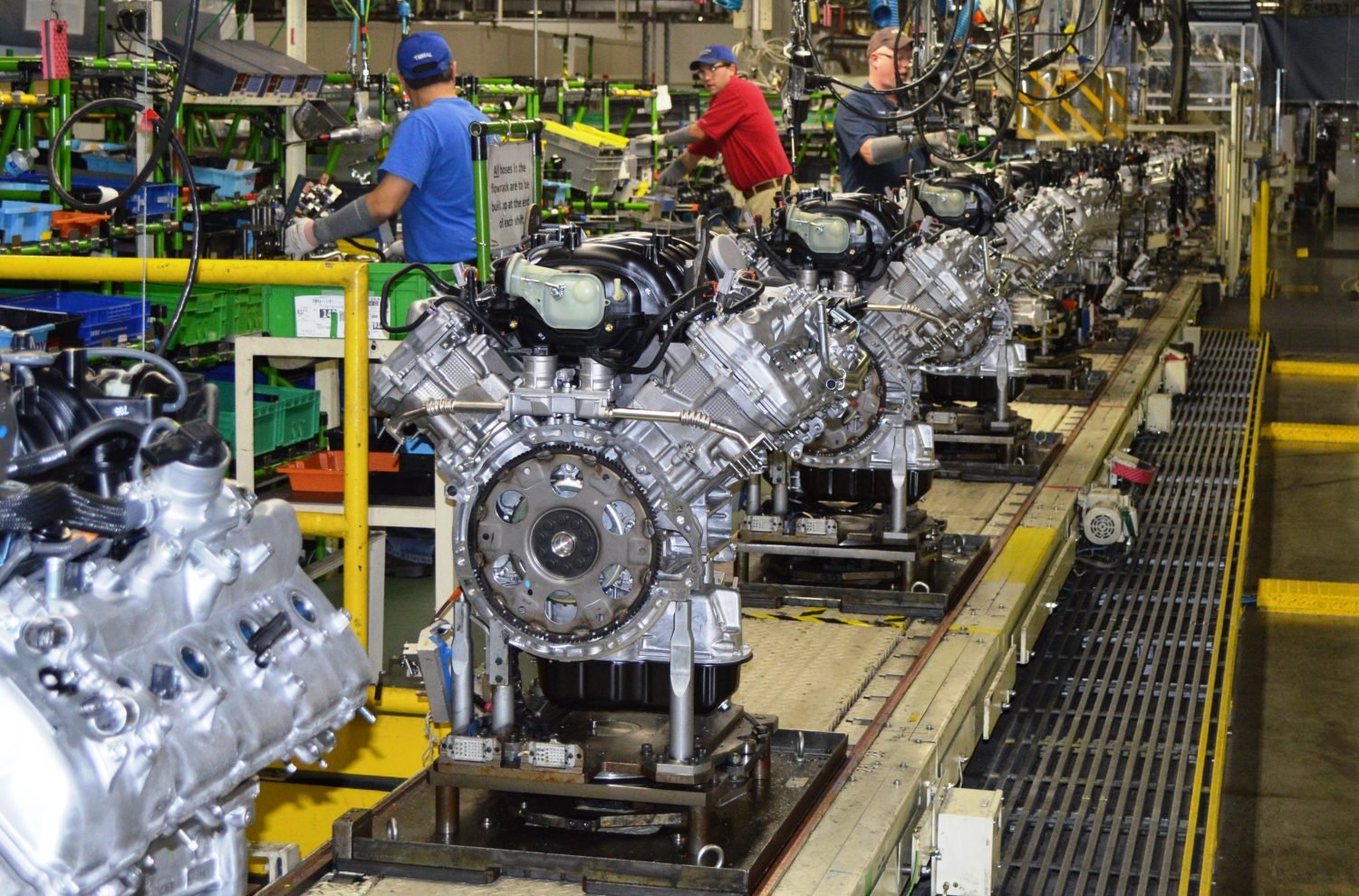
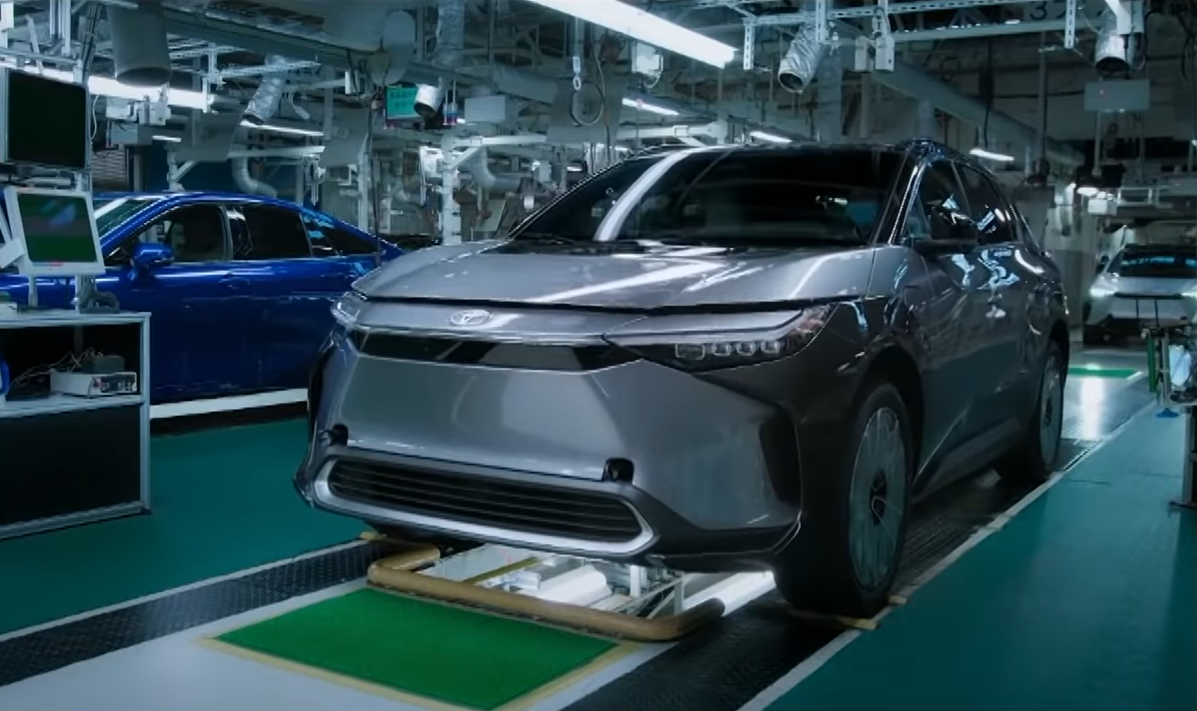







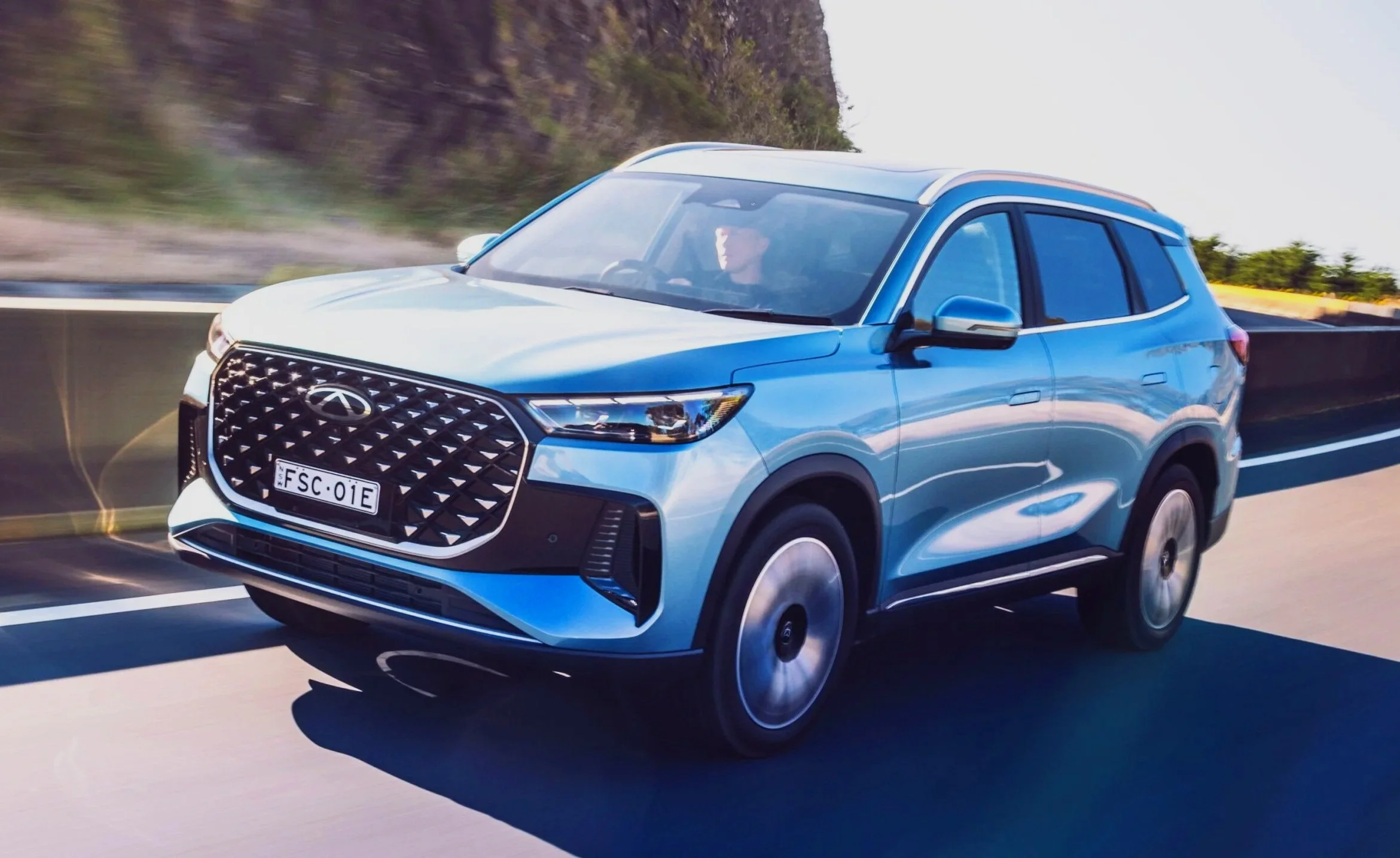
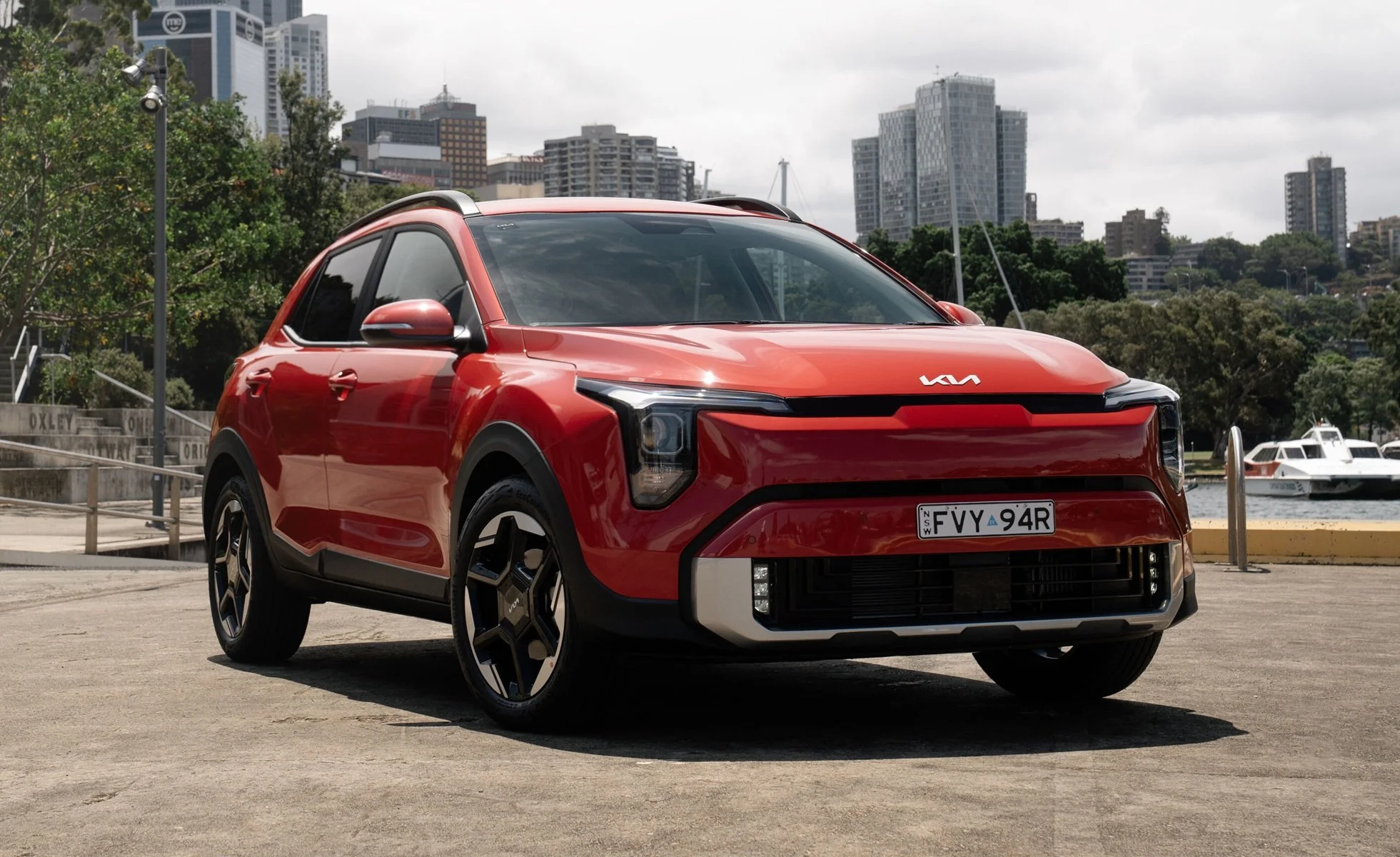
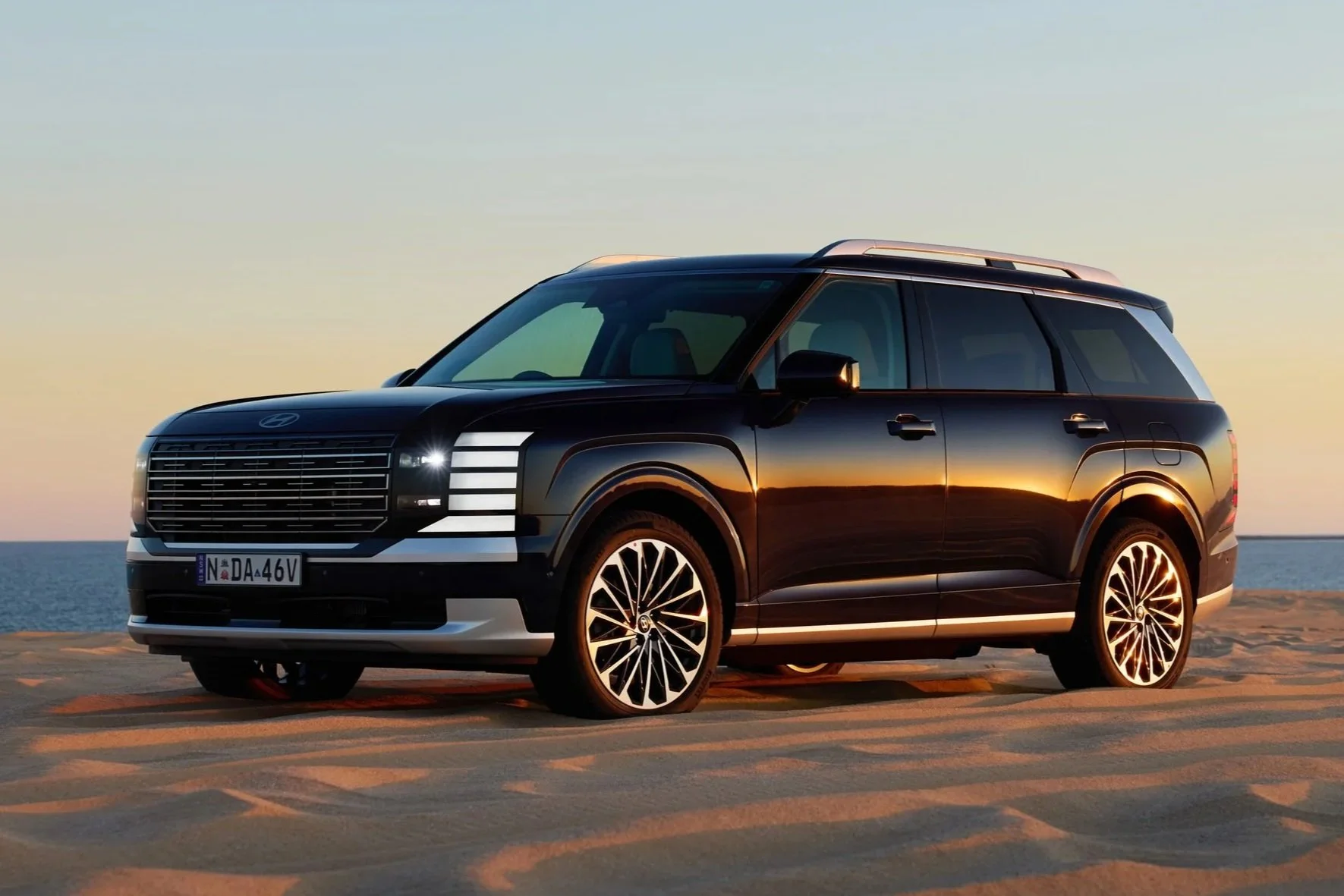
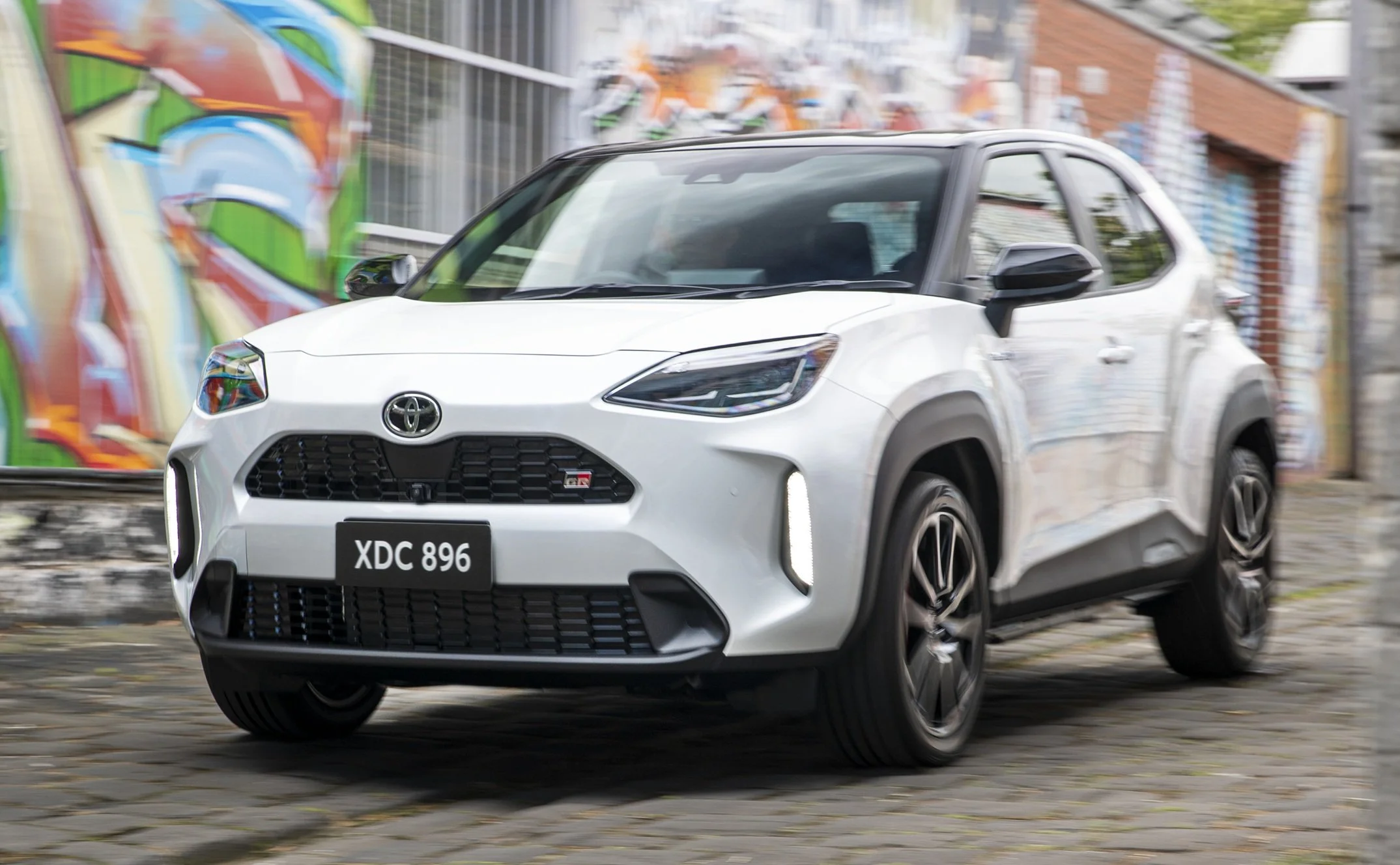


Just because a ute is cheap, that doesn’t mean it’s worth the money. Is the GWM Cannon more than just a cut-price Ranger wannabe? Can it offer towing, off-roading capability and robust design to compete with the big brand dual-cab utes like Hilux and Triton?